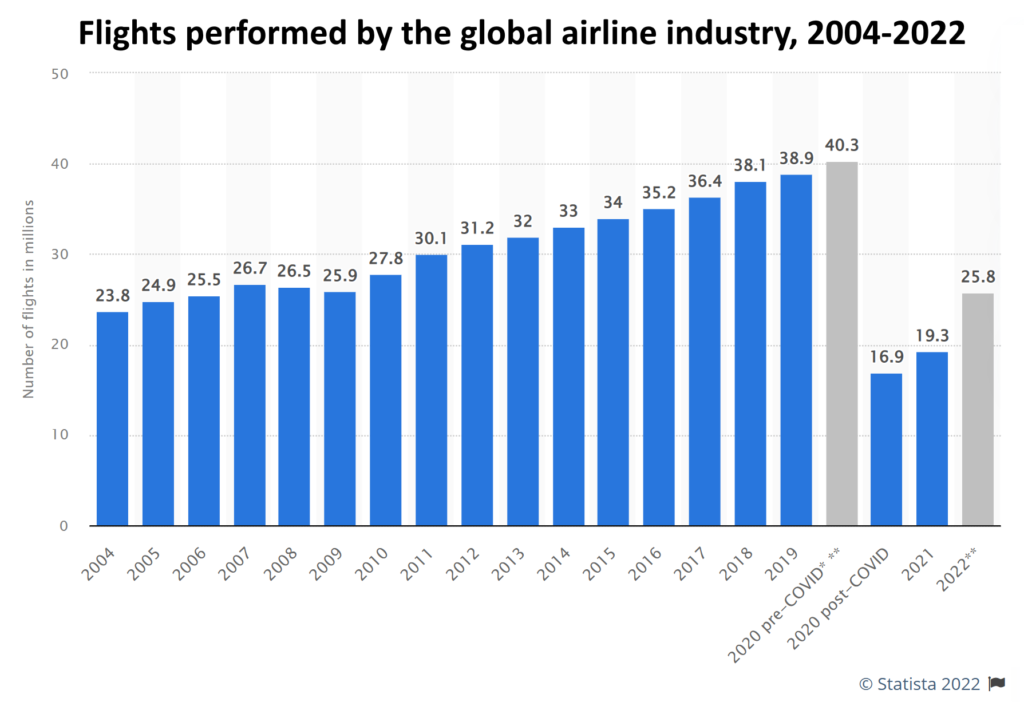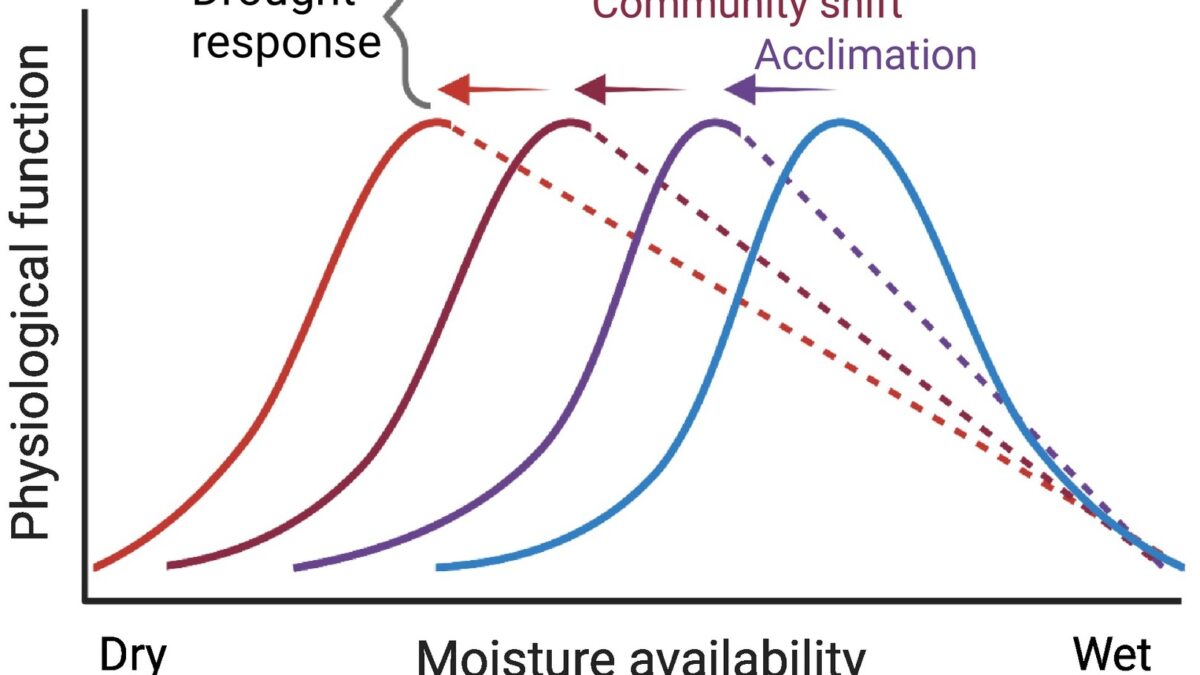Near-empty flights crisscross Europe to secure landing slots – “The EU surely is in a climate emergency mode”

By Raf Casert
6 January 2022
BRUSSELS (AP) – Europe’s sky is filling up with near-empty polluting planes that serve little other purpose than safeguarding airlines’ valuable time slots at some of the world’s most important airports.
The highly contagious omicron variant of COVID-19 has put many off flying, and because of it, getting people and goods from point A to point B has become an afterthought for thousands of flights. It has created strange bedfellows, with environmentalists and major airlines united to cut down on empty or near-empty flights by pressuring the European Union — a pledged global leader in combating climate change — to tweak the rules on airport slots.
“The EU surely is in a climate emergency mode,” activist Greta Thunberg tweeted sarcastically this week, linking to a story about Brussels Airlines making unnecessary flights.
The company has said that if the EU doesn’t take action, it would have to fly some 3,000 journeys this winter primarily to safeguard its network rights.
The high-level pollution created by these flights runs totally counter to the EU’s climate objectives.
Belgian Transport Minister Georges Gilkinet
German giant Lufthansa said it would have to fly an additional 18,000 “unnecessary” flights through the winter to hold on to landing slots. Even if the holidays brought a big increase in passengers — marked by thousands of flight cancellations that left travelers stranded — the rest of the winter period could be slow as omicron surges worldwide.
Landing and departure slots for popular routes in the biggest airports are an extremely precious commodity in the industry, and to keep them, airlines have to guarantee a high percentage of flights. It is why loss-making flights have to be maintained to ensure companies keep their slots.
It was an accepted practice despite the pollution concerns, but the pandemic slump in flying put that in question. Normally, airlines had to use 80% of their given slots to preserve their rights, but the EU has cut that to 50% to ensure as few empty or near-empty planes crisscross the sky as possible. […]
EU Transport Commissioner Adina Valean last month acknowledged the threat of omicron to the travel industry, but as of Thursday, she had not announced any new regulations.
Belgian Transport Minister Georges Gilkinet wrote her a stinging letter and was lobbying his EU counterparts to join the initiative and increase pressure.
“The high-level pollution created by these flights runs totally counter to the EU’s climate objectives,” according to the letter obtained by The Associated Press. [more]
Near-empty flights crisscross Europe to secure landing slots


One Response
Comments are closed.